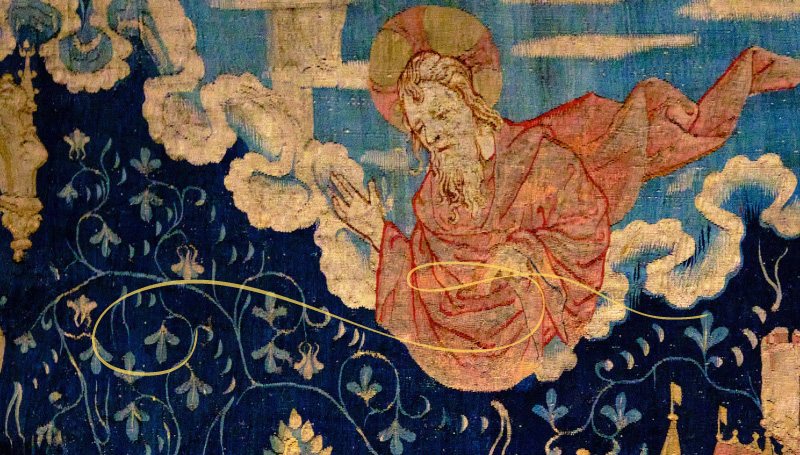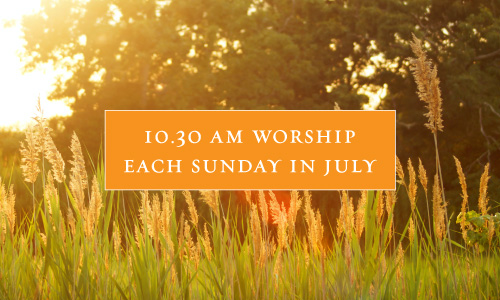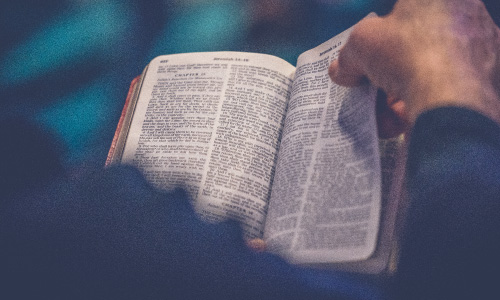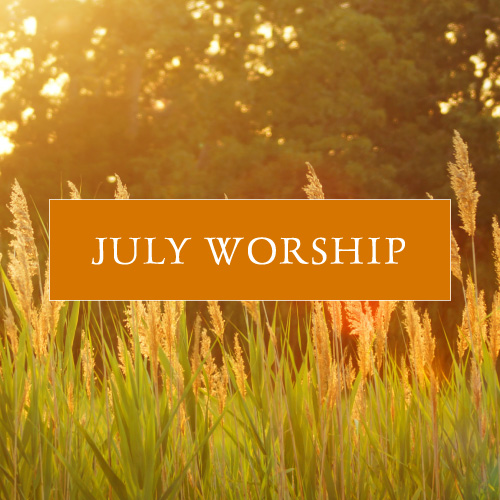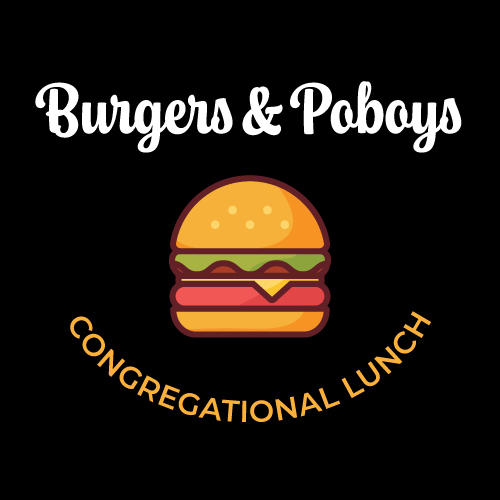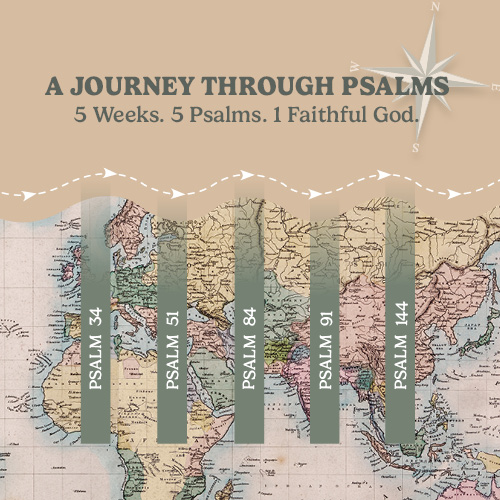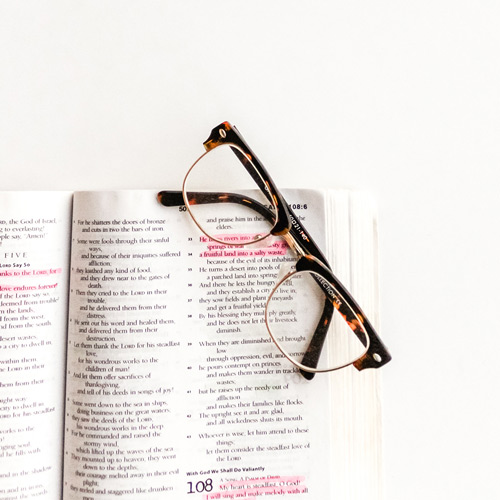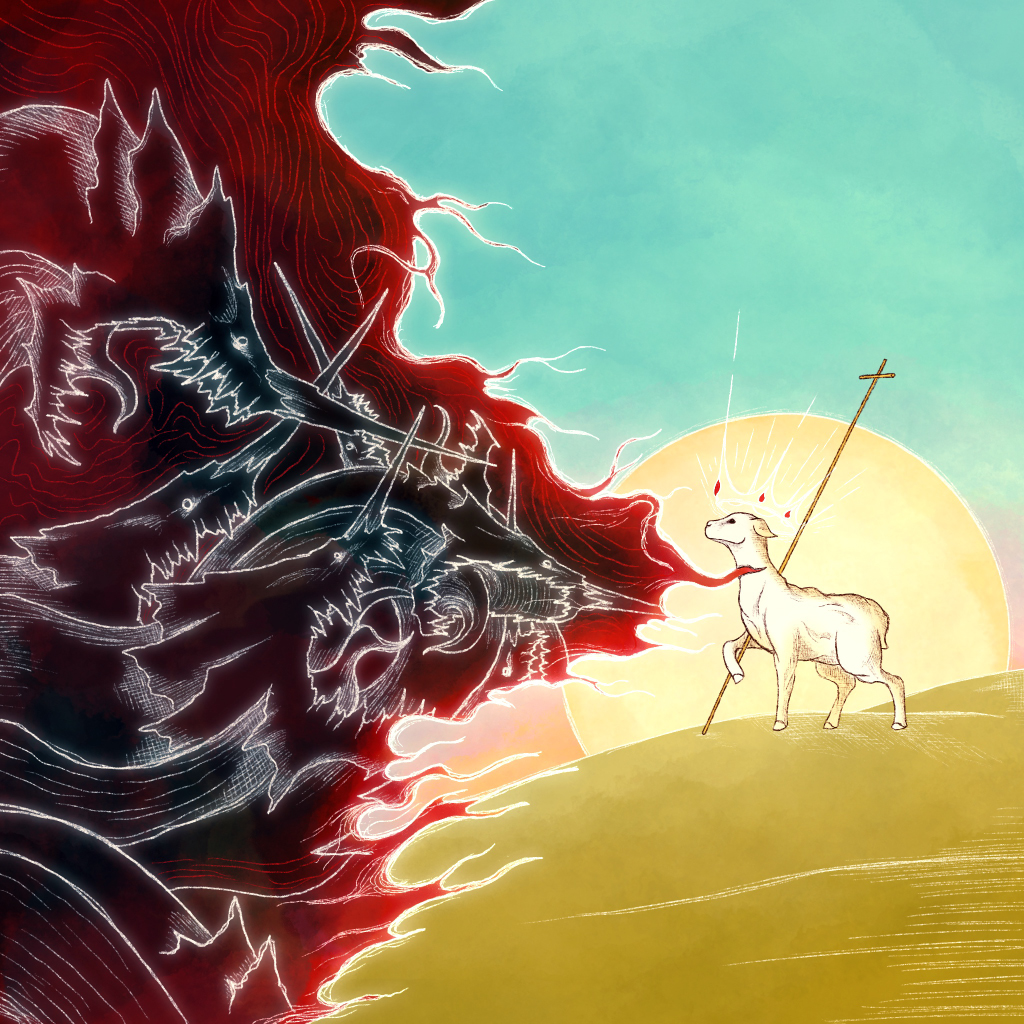Daily Lent Readings
Lent readings post to this page beginning Sunday, March 9, 2025.
Each day we'll say a prayer from Jeremiah 31, read a passage from Scripture, unpack the different contexts of each golden thread, invite the Spirit to weave the thread into our lives, then finish the day with a prayer we hope will internalize what we learned by praying it back to God. And it only takes 20 minutes a day.
Readings are also available via podcast on Apple, Spotify or YouTube.




 Close
Close
